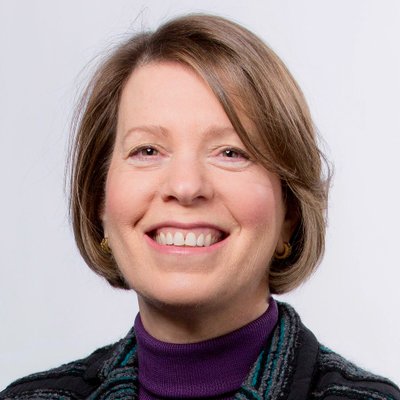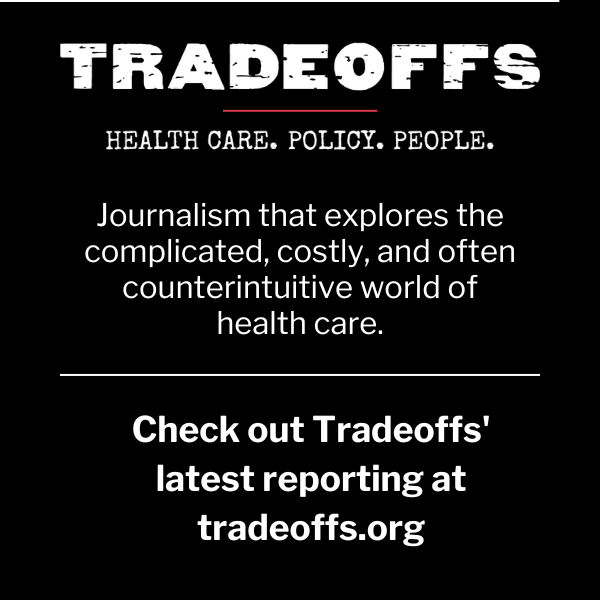Photo by Alexei Maridashvili via Unsplash
I remember a time when I would call up a government agency and ask them to fax me the latest government report, or when I would ask a think tank to overnight me a white paper. Somehow, I managed to get my hands on the data and research I needed to report my stories.
These days, I’m grateful for the wealth of information available online. However, finding, accessing and interpreting it can be overwhelming. That’s where your local public or academic librarian can help.
Freelance journalists probably don’t use these human resources as much as they should. When I worked as a correspondent at NPR, I could call up the staff librarian, describe the story I was working on and get all sorts of research help. But when I switched to freelancing, I didn’t think to seek out the information experts at the public or nearby university library.
That’s why I was excited to see that the National Press Club’s Journalism Institute was offering this webinar in early September: “Behind the Paywall — Leverage library resources for your research and reporting.” The webinar was recorded and is available for viewing.
The hour-long training gave a taste of the “goldmine of resources for journalists” that libraries contain, as the institute’s follow-up tip sheet said. The tip sheet is posted at AHCJ’s Freelance Center.
April Hines, the journalism and mass communications librarian for the George A. Smathers Libraries at the University of Florida, talked about how journalists can tap the extensive knowledge of subject librarians and the array of databases, archives and research that libraries hold. This includes access to material behind paywalls like medical journal articles.
“I’ve had a lot of conversations with journalists where they were very surprised by the wealth of resources that are available to them in public and academic libraries,” Hines said.
Here are some of the highlights from Hines’ talk.
- Collaborate with librarians. They are skilled at finding and using information. Many librarians are subject experts with deep knowledge of a specific topic and connections to sources.
- Visit your local academic library in person. Most public universities will allow members of the public to access their physical space, proprietary resources and subscription databases with a guest pass.
- Chat with a librarian online. Many university libraries have a chat feature, and they often won’t mind helping a local reporter.
- Access subscription databases available at many libraries. These include:
- Statista, a statistical search engine.
- Web of Science, which provides access to scientific and academic research.
- Academic Search Complete, a database with articles from magazines, newspapers, vetted open access journals and other sources.
- Add context to your reporting. Librarians can help you find archival materials, including maps, manuscripts, old photographs and videos and government documents.
- Take advantage of the library at your alma mater. For example, here is the policy at the University of Virginia:
- Alumni “have access to EBSCO’s Academic Search, Business Search, Business Books Summaries, CINAHL, and Health Library online databases. These five databases provide access to a wide array of full text articles from newspapers, journals, documents and magazines. The Engagement Office pays for access to these databases for all UVA alumni and the Library provides support for their use.”
Librarians are ready to help you with your reporting. Don’t be shy about seeking them out.








